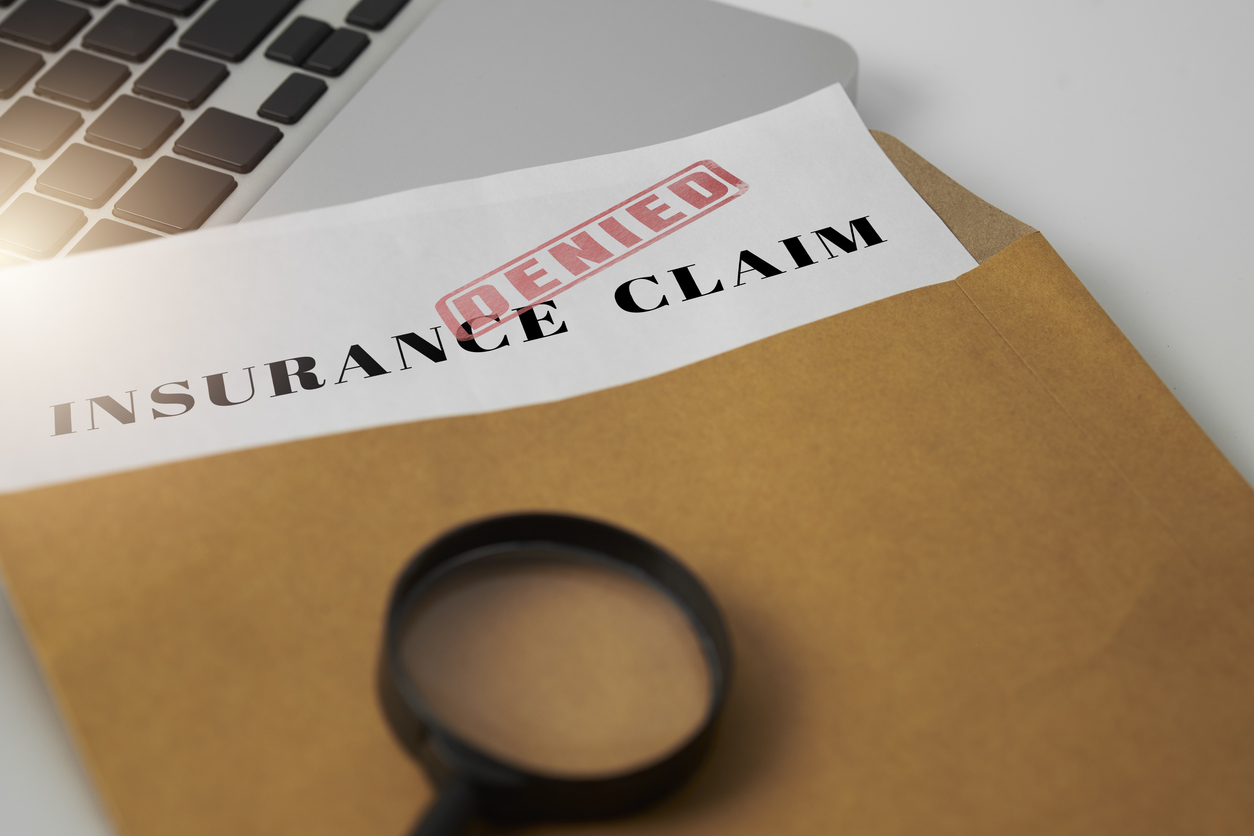Most federal court litigation settles without the need for trial. However, if insurance carriers refuse to offer a just settlement, policyholders should be prepared to vindicate their rights in front of a jury. Before proceeding to trial, however, there are several important steps that policyholders and their advocates must take. The most important of these are the in-person attorney meeting and the final pretrial conference.
Before attending a final pretrial, policyholders and their attorneys should check two sources: The court’s pretrial order and the district court’s local rules. For instance, many district courts require counsel for the policyholder and the carrier to meet and make a final effort at settlement. Before commencing this meeting, policyholders and their attorneys should have a very frank conversation about the case’s weaknesses, strengths, and the benefits and risks of proceeding. If a settlement is not reached, the parties’ counsel must then meet to determine whether they can stipulate to facts, points of law, and issues that remain in the case. Counsel for the parties must then often mark and mark all trial exhibits and prepare final witness and exhibit lists. Judges order these meetings to streamline the trial and conserve time in the courtroom.
The district’s local rules often provide additional guidance. For example, local rules may require litigants to obtain court permission to bring technology and exhibits into the courthouse. They often dictate the form and substance of the final pretrial statement and other additional steps the parties must take before appearing in court.
One of the most exacting remaining items is to prepare jury instructions. Although there are standard forms issued by various state supreme courts, there are often nuances of federal procedure or precedent that can interplay with state court instructions. Proposed jury instructions can take hours to draft, organize, and submit. Often, there will be disagreements over instructions that the court will have to decide at the charging conference.
With the formalities completed and the required submissions filed with the court, policyholders and their attorneys will be required to attend the final pretrial conference. In many cases, the final pretrial conference will be the first time the presiding judge meets the parties. At this conference, policyholders will likely learn the date that their case will proceed to trial. Once they obtain this information, policyholders should be prepared to clear their calendars to attend the trial and to help their attorneys prepare for the case. In addition to the trial date, the presiding judge will handle all remaining pretrial motions, issue rulings on preliminary evidentiary issues, and provide the parties guidance on courtroom procedures.



